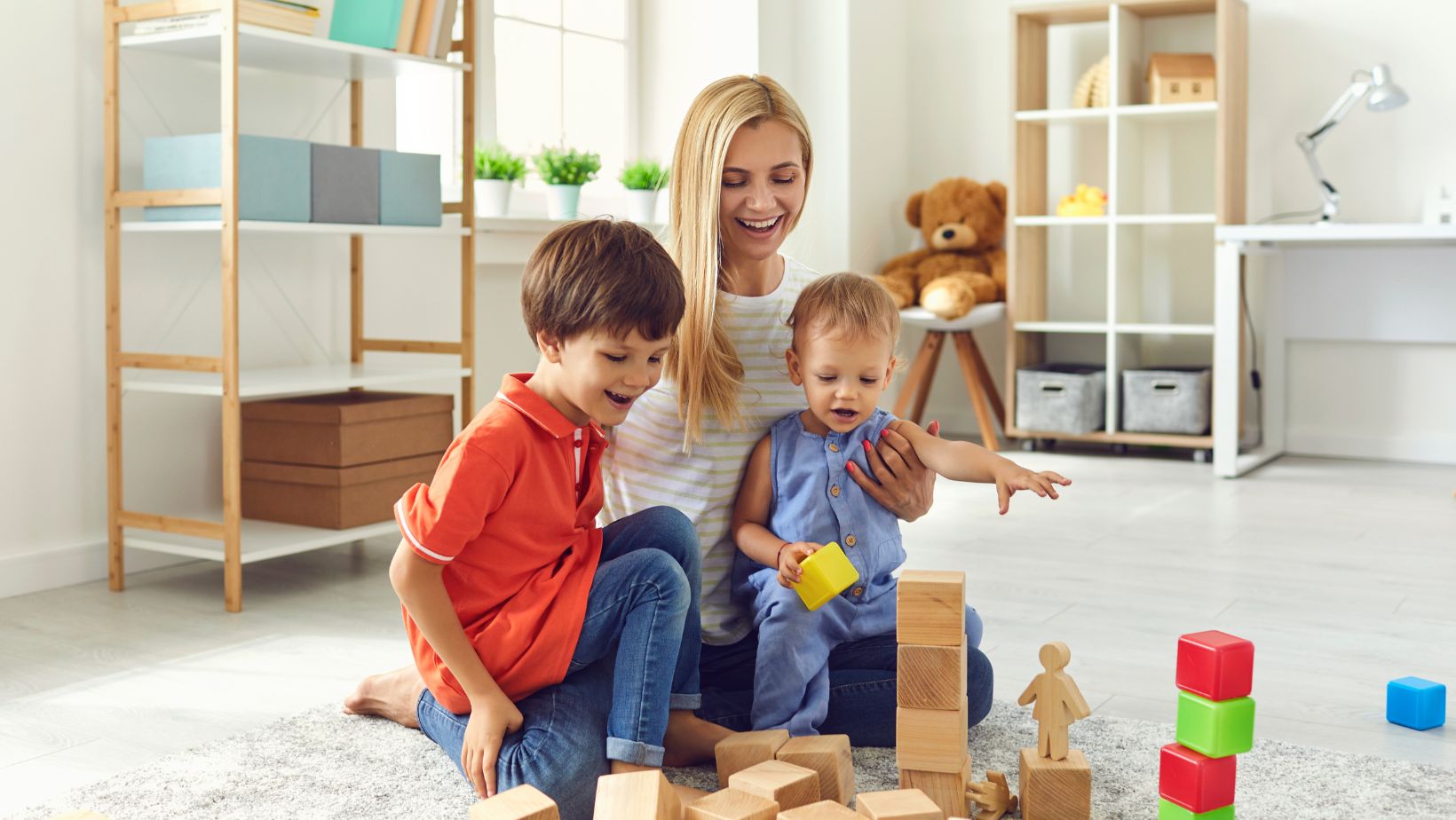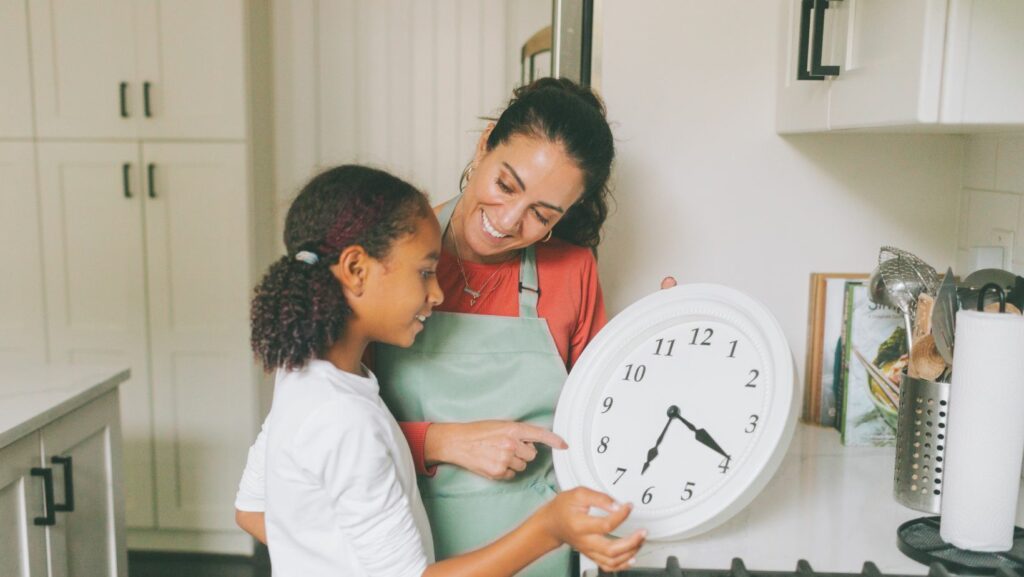Starting your child’s early education journey is one of the most important decisions you’ll make as a parent. It’s exciting, emotional, and — if we’re honest — a little overwhelming. There’s pressure to get it right: choosing the right place, the right time, the right program. But there’s one common mistake many well-meaning parents make at this stage: focusing only on the centre’s features and forgetting to consider whether it matches their child’s specific needs and personality. Whether you’re looking into a local centre like Day Care Oakleigh East or exploring several options, the key isn’t just finding a “good” centre — it’s finding the right fit.
It’s Not Just About the Shiny Brochure
Many early education centres look great on paper. They might advertise bright playrooms, healthy snacks, and structured curriculums. While those things do matter, they don’t guarantee that your child will thrive there. A place can tick all the boxes and still feel overwhelming, overstimulating, or not particularly warm — which is why parents should look beyond the brochure.
When visiting a centre, notice how staff interact with the children. Are they patient? Do they kneel down to the child’s level when talking? Is the atmosphere calm or chaotic? These everyday cues tell you far more than the facility’s checklist of features.

Every Child Learns Differently
One of the biggest myths about early learning is that there’s a one-size-fits-all solution. In reality, children develop in different ways and on different timelines. Some kids thrive in highly structured environments, while others need a more relaxed setting to feel comfortable and confident.
Before committing to a centre, reflect on your child’s temperament:
- Do they need extra time to warm up to new people?
- Are they sensitive to noise or lots of activity?
- Do they prefer solo play or group activities?
- Are they naturally curious, or do they need encouragement?
Matching your child’s personality with the centre’s style is far more valuable than choosing based on rankings or facilities alone.
The Rush to “Be Ahead” Can Backfire
It’s natural to want your child to excel. But when the focus becomes purely academic — letters, numbers, school prep — it’s easy to overlook the importance of social, emotional, and physical development. Children need play. They need to learn how to cooperate, express themselves, take turns, and build resilience.
Centres that push academic milestones too early may not leave enough room for creative play or emotional exploration. Ask about how they support development through unstructured activities and free play, not just how they prepare children for school.
Don’t Let Guilt or Peer Pressure Guide You
Another trap parents fall into is making decisions based on what others are doing. Just because your friend’s child is already enrolled somewhere doesn’t mean it’s right for yours. Or maybe you’ve heard comments like, “You don’t want your kid falling behind.” That kind of thinking can lead to hasty decisions that don’t reflect your child’s actual needs.
It’s okay to wait. It’s okay to ask questions. It’s okay to try a centre and later realise it’s not the right fit.
What to Look For Instead
When evaluating early education options, ask questions that focus on connection and adaptability, not just curriculum. For example:
- How do educators help new children settle in?
- What’s their approach to emotional regulation and discipline?
- How often do they communicate with parents?
- Do they allow for flexible routines based on the child’s mood or energy levels?
You’re not just enrolling in a program — you’re choosing partners to support your child during some of their most formative years.
Trust Your Instincts
Finally, trust how you feel when you walk into the space. Sometimes, even if everything looks good on paper, the vibe just feels off. And that’s okay. Your instincts are valid and worth listening to. Likewise, if your child lights up after a visit, it’s a strong sign you’re on the right path.
Starting early education isn’t just about preparing for school — it’s about helping your child feel secure, seen, and supported in a world outside the home. The best decision is one grounded in your child’s personality, your family’s values, and the genuine connection you feel with the educators. That’s the real foundation for learning.

